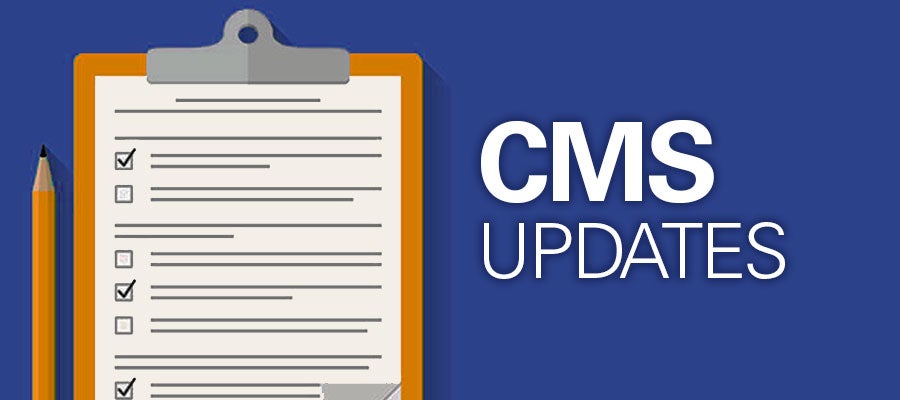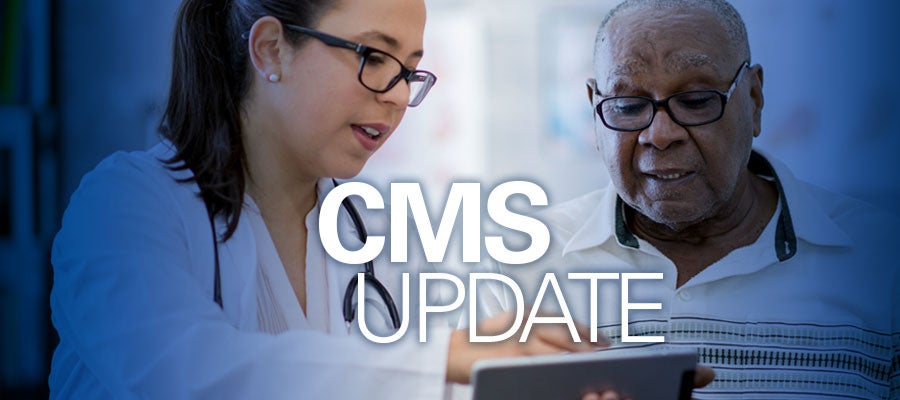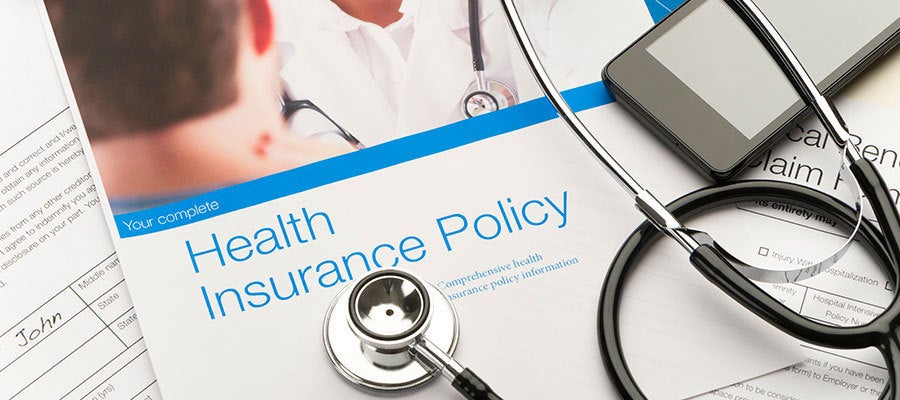The AHA’s opposition to UnitedHealthcare’s now-delayed policy on emergency coverage was picked up by the media and was mentioned in numerous publications, including The New York Times, USA Today, Modern Healthcare, Minneapolis Star Tribune, as well as a local TV interview with AHA President and CEO Rick Pollack on Minneapolis’ KARE 11 News, where UnitedHealthcare is headquartered.








